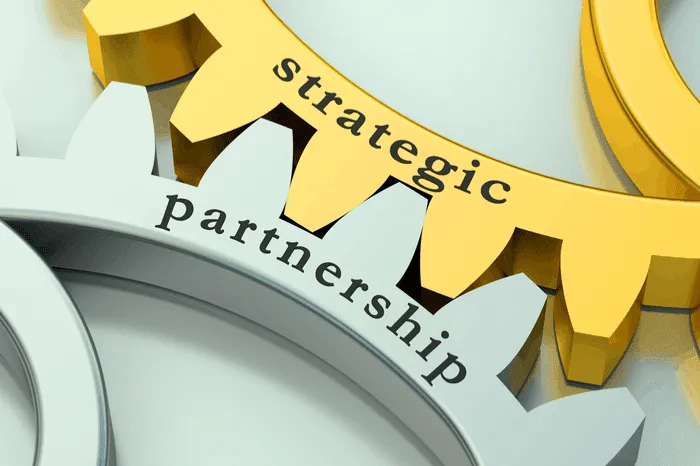Price of Cultural Misunderstanding
Many well-known companies make international marketing cultural mistakes. Funny as some of these gaffs are to us, incompetence exacts a heavy toll. Ineptitude costs jobs. The companies themselves have lost hundreds of millions of dollars and let the momentum slip from their grasp in the form of missed opportunities.
American education providers are no different. For example, one U.S. college adopted the slogan “Go the extra mile” and used it in their international marketing campaign. They didn’t even stop to think that only the United States uses this system of measurement. Nor, for that matter, did they consider that most American slang phrases are indecipherable in any other part of the world. This is why it is so important to work with experts who understand the territories and customs of the region.
It’s easy to become complacent when success seems to come easily. Taking things for granted and letting your guard down in an extremely competitive market can lead to defeat.
Avoid International Marketing Cultural Mistakes
International marketing cultural mistakes are destined to happen to any company if a marketing plan is not executed with cultural differences in mind. Below are some examples of cultural blunders where big American corporations have failed to deliver popular products to international markets.
The ‘Got Milk?’ campaign was very successful in the United States, but this slogan did not go over so well in Mexico. “Got milk?” translated means “Are you Lactating?”
IKEA has made several advertising blunders themselves. One was attributed to their insistence on using the exact phonetic pronunciation as their Norwegian brand names in foreign territories. The Wall Street Journal reported “IKEA’s Products Make Shoppers Blush in Thailand – Swedish Retailer Hires Local Linguistics to Police Racy Translations,” reports. IKEA’s product Redalen bed -named after a Norwegian town, phonetic pronunciation means “getting to third base” in Thai.
Ford also has had numerous similar experiences when selling its brand outside the United States. A great example is Ford’s Pinto. Though well-received by Americans, Pinto failed to draw consumers’ interest in the Brazilian market because the car’s name translates “male genitals” in local slang.
Another cultural mistake made by Ford is with its Fiera. Ford tried to sell its low-cost truck “Fiera” in less developed countries. Unfortunately, Fiera translated means “Old Ugly Woman.” Understandably, the name did not create a buzz in the market.
Pepsi’s slogan “come alive with Pepsi” encountered some difficulty in China where the slogan was interpreted as ”bring your ancestors back from the grave,” according to CNN.
Conclusion
The lesson learned here is that there is more to avoiding mistakes than averting translation errors. It is just as important to avoid cultural missteps. And the best way to do this is by striving to understand and collaborate with knowledgeable professionals ingrained in the culture.





